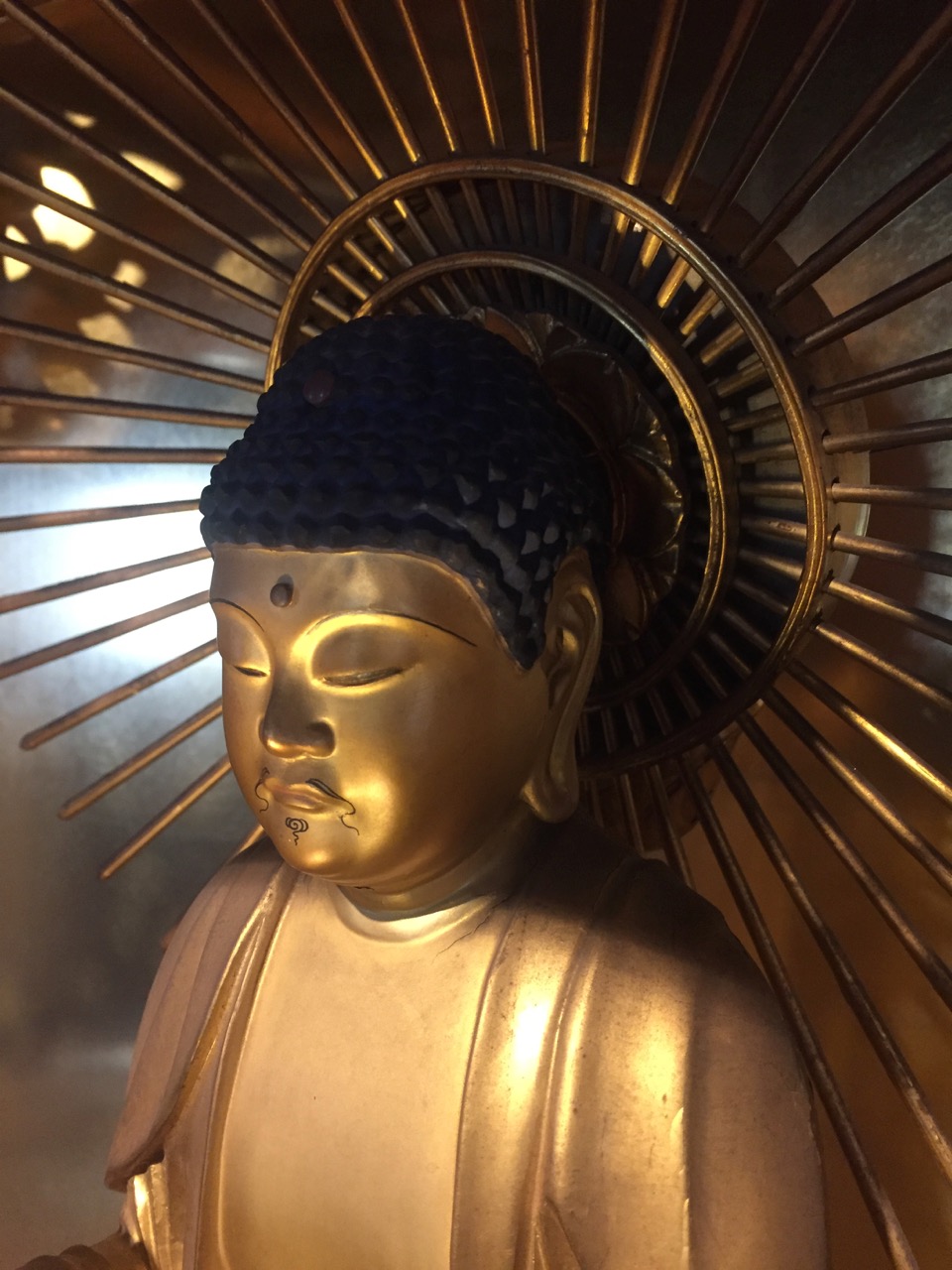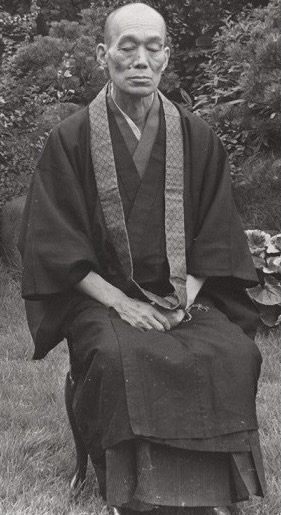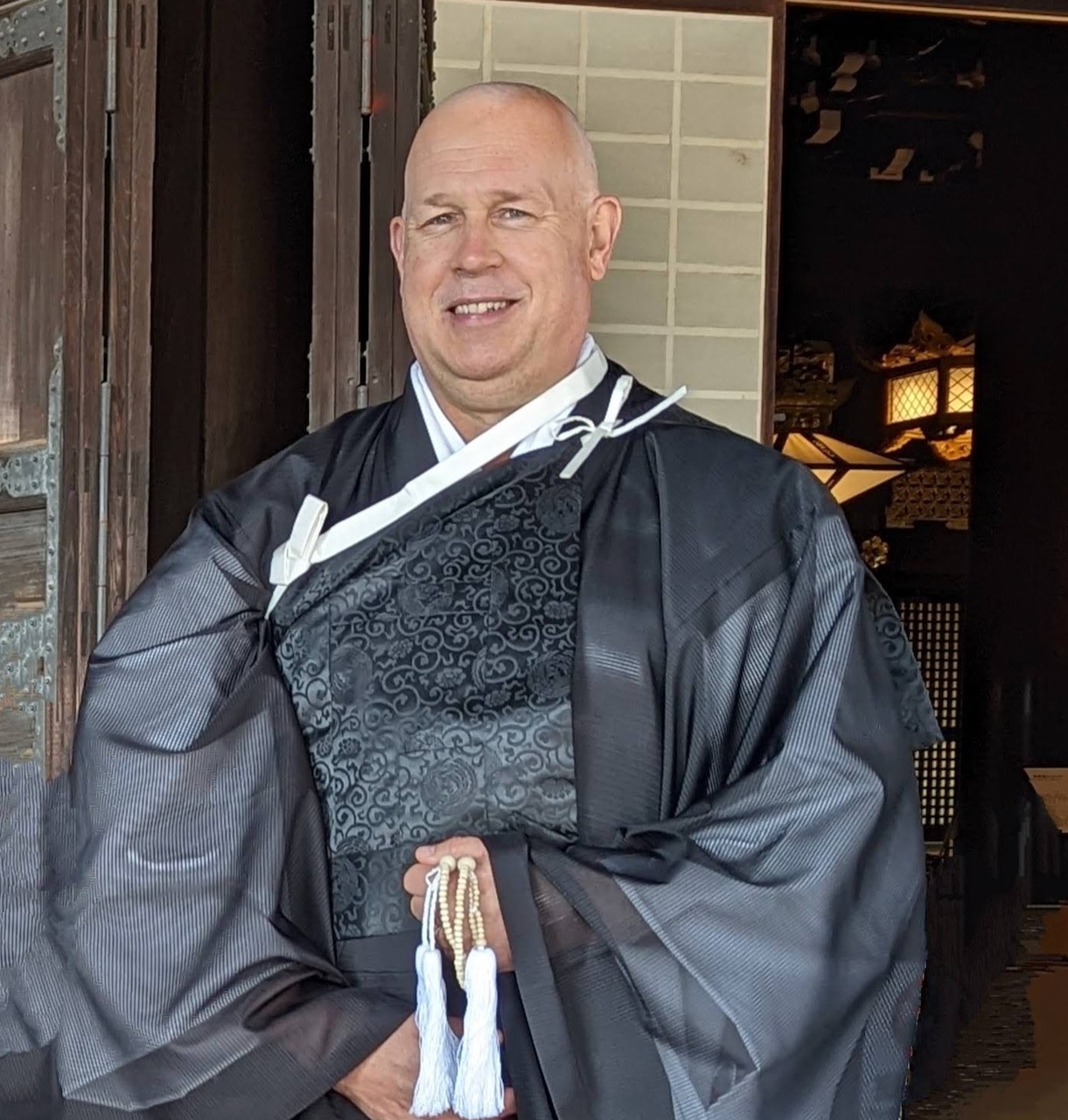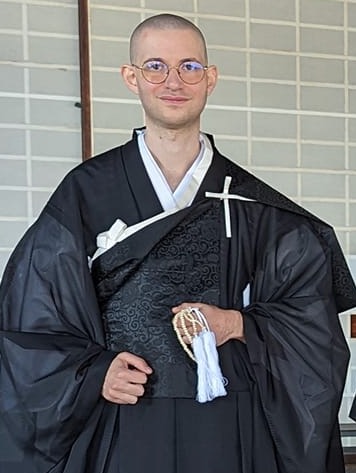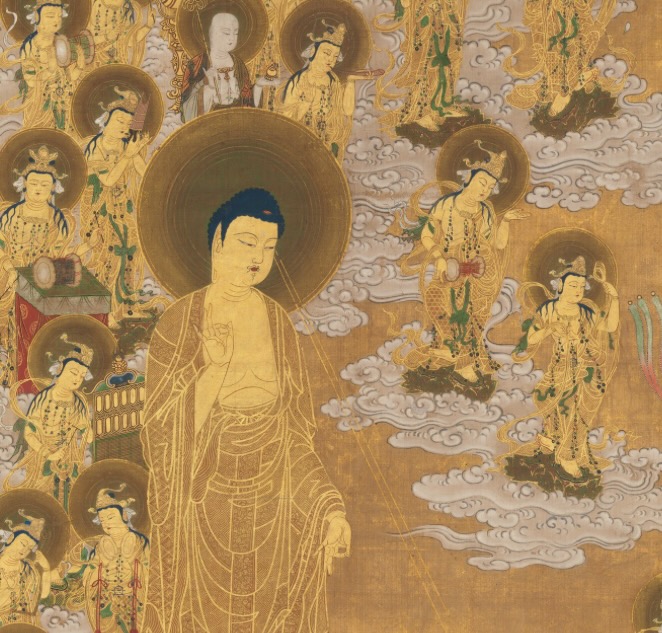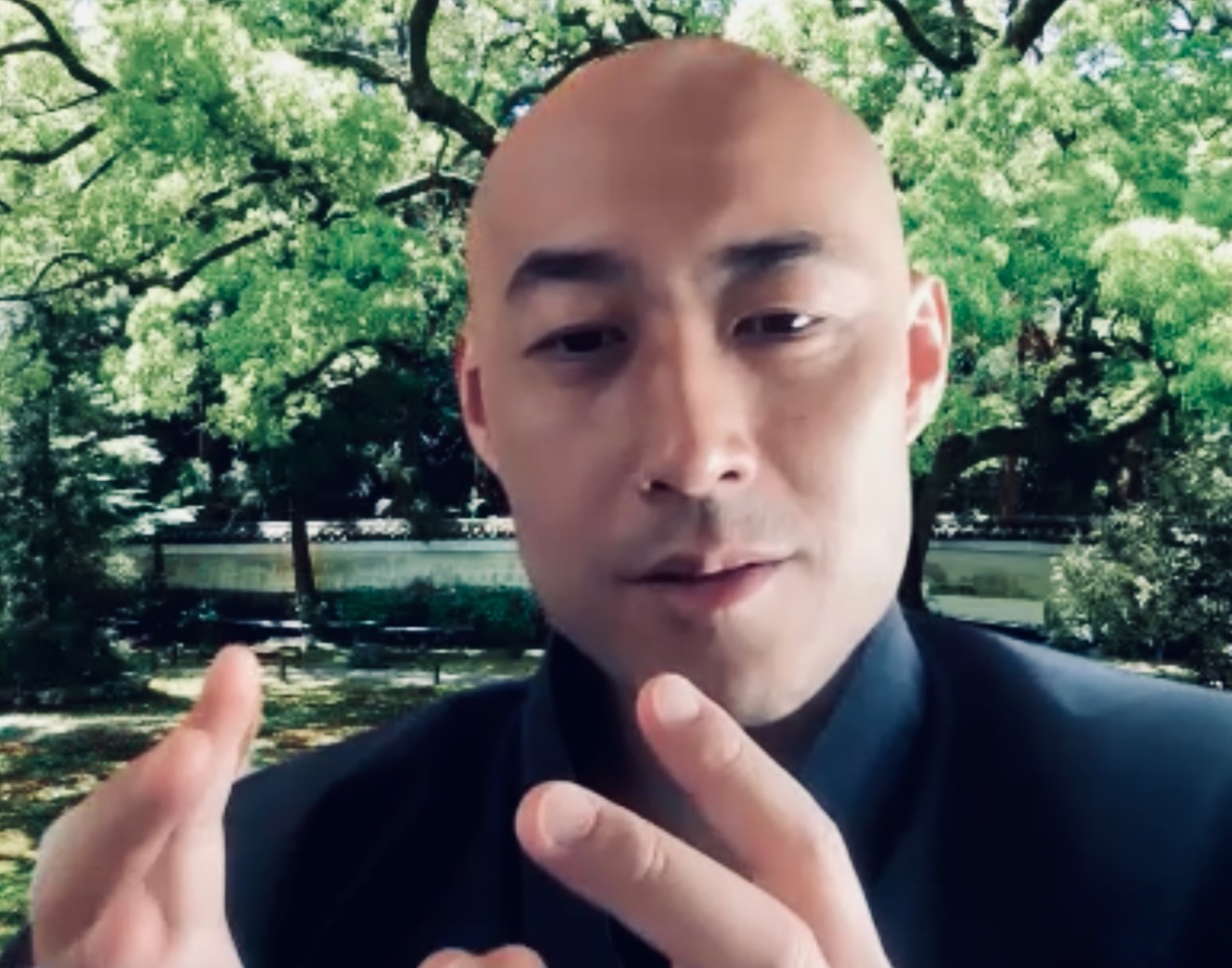
Among his many activities, he started a company, Interbeing, aimed at bringing Buddhist teachings to business people. He earned a Master of Business Administration degree and developed lessons to help priests better run their temples. He organizes spontaneous meet-ups with young people in various cities to discuss life issues. He started a temple café and created a Buddhist website called higan.net. He’s written several books, including the popular “A Monk’s Guide to a Clean House and Mind,” which was translated into 18 languages. Continue reading “Reaching Beyond Temples to Teach Buddhism”


